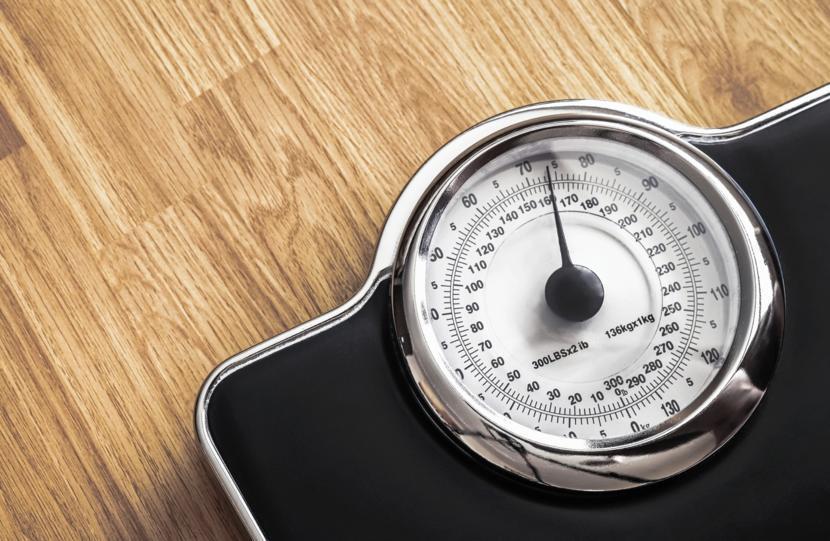Just Burn More Calories Than you Take in, Right? Not Quite

Dr. Prologo is a dual-board certified obesity medicine physician and interventional radiologist. He is an internationally recognized expert in the management of complex pain and the implementation of interventional weight loss. Dr. Prologo is the author of a critically acclaimed non-fiction narrative describing innovative... more
For years I have listened to popular fitness personalities preach that “A calorie is just a calorie." So, I’ve decided to use this opportunity to finally set it straight. A calorie is not just a calorie, and here’s why.
First, the response to the lost calorie:
A calorie foregone by Joe Fitness is not the same as a calorie foregone by Obese Andy – and this is why sedentary (out of shape) people cannot successfully follow diet schedules of beautiful people. I’m not saying that people are different (which, of course, they are); I am saying the calorie is different.
When Joe cuts 100 calories, his body responds by efficiently burning fuel and reorganizing fat stores, so his abs get more chiseled. When Andy does the same, his body reacts by storing more fat and signaling him to eat. Why? Because Joe’s brain has lived under these conditions for a long time – conditions that aren’t a change from his baseline life, so his body “is used to it” and doesn’t panic. Andy’s brain, on the other hand, interprets the calorie cut as a major, life threatening change to be dealt with by storing fat for survival and finding food.
But it’s worse than that. Joe’s body will further react by burning the food he does eat efficiently, while Andy’s body will slow down its metabolism. Andy’s brain will convert his body to a slower burning factory in an effort to conserve energy for survival – the sum result being 1) more fat stored, 2) more hunger hormone signals to eat, and 3) slower metabolism, at the end of which Andy ends up eating cheeseburgers anyway!
This triple threat is why it is impossible for seriously overweight people to drop their calorie intake enough to lose weight. And what’s more, these foregone calories from diets serve to end people’s efforts toward losing weight, such that in the long run 100 calories missed by Andy means the end of a healthy program and/or lifestyle – sadness, sickness, and maybe even death.
Second, the effort to burn a calorie:
Overweight individuals cannot burn calories like in-shape people. Joe Fitness has 100 times the capacity to burn calories than the average person – which makes it different. A burned calorie to Joe is not the same as a burned calorie for Andy when trying to lose weight.
Calories are little amounts of energy. Energy we either use to live, or store as fat if we take in more than we need. A calorie burned by an “in-shape” person is worth more energy in the universe than a calorie foregone by an obese person – because the “in-shape” people can do more with less. Their bodies are much more efficient. As a result, sedentary, overweight people need to abstain from many, many more calories than Joe Fitness to lose the same amount of weight, and this difference is even more pronounced the more obese the person.
Third, the value of a recovery calorie:
One hundred protein calories taken in by Joe Fitness equals maintenance. One hundred intentional, carefully selected protein/anti-oxidant/glycogen forming calories taken in by Andy after exercise equals transformation. On day one, Andy can burn 50 calories – maybe. But eat the right foods after exercise, and avoid the trap of food restriction, and he will transform over time to a calorie burning machine with efficient metabolism.
I’m sure you would agree that one dollar invested in Yahoo during the 1980s isn’t the same as one dollar put in a shoebox during the same time. The first dollar is intentional and directed; the second useless and fairly random. In the same way, a calorie is not a calorie because complex human weight loss cannot be distilled to a mathematical equation translated as “Just burn more than you take in.”
Transformation is possible through hunger hormone management, intentional exercise, and selected foods. Gastric bypass surgery has taught us new things about the body’s response to diet and exercise, things we now know can be used to change the way we lose weight through fitness.









